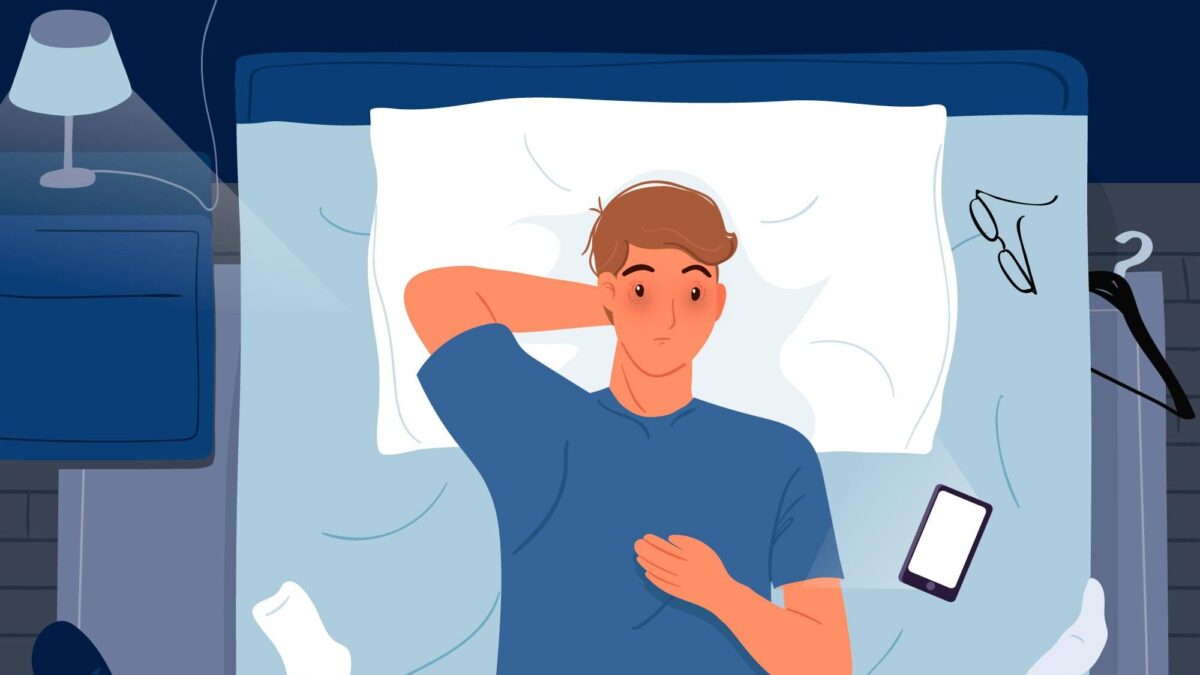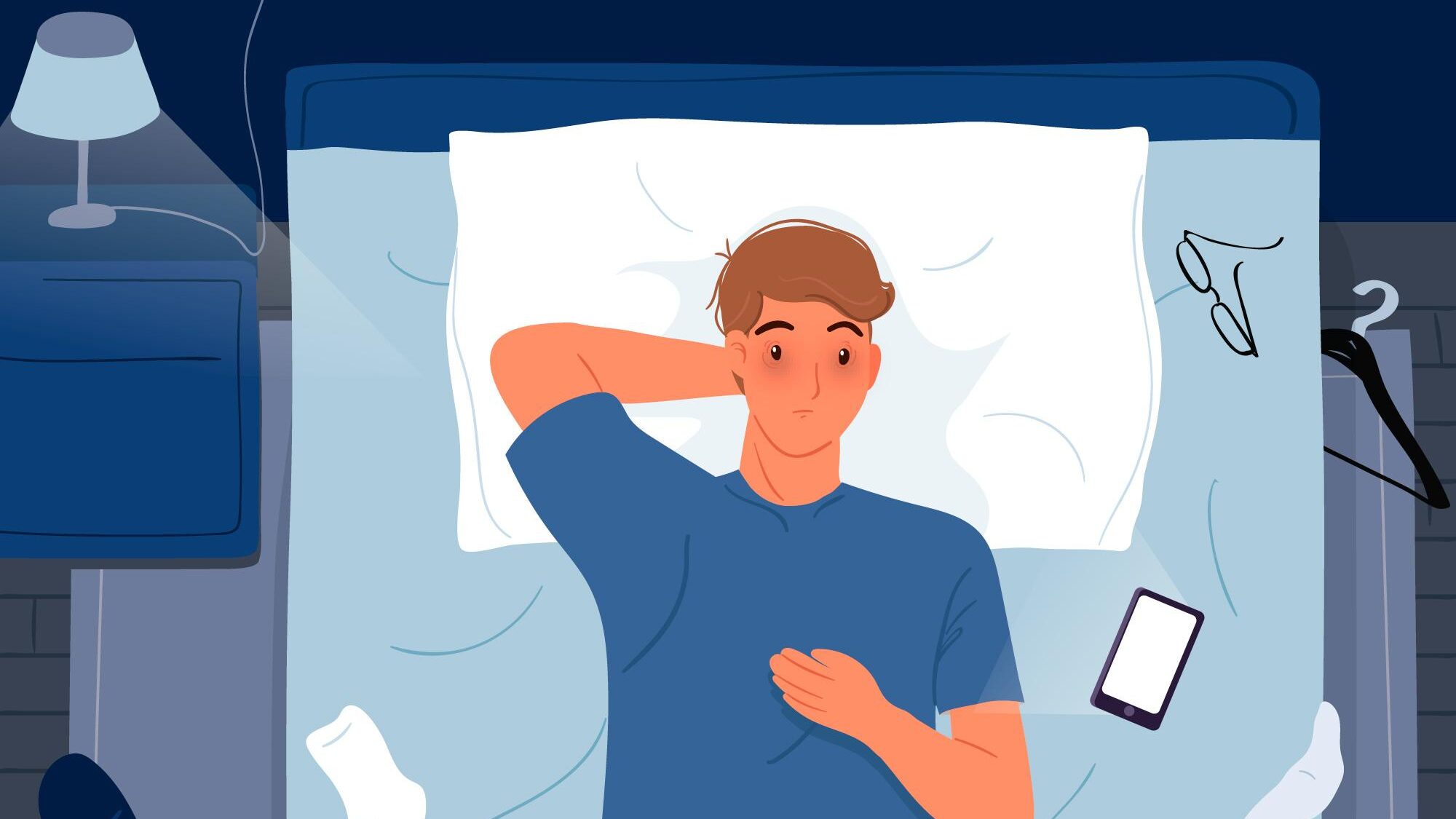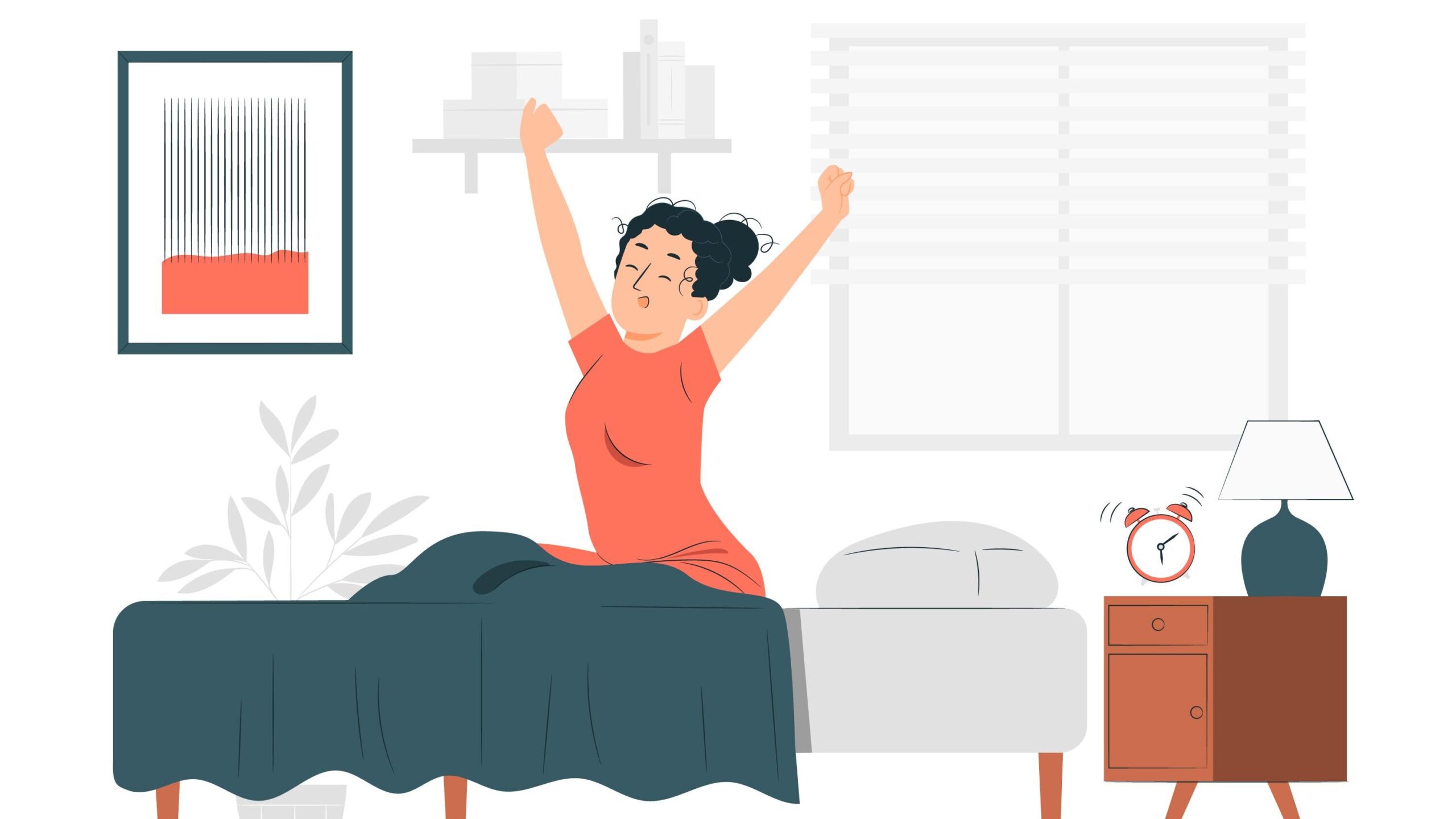
Is Summer Keeping You Awake? Don’t Sleep On These Tips for Better Cognition!
Summer is a season of long days, warm nights, and endless opportunities for fun. But did you know it can also mess with your sleep and your brainpower? As we bask in the sun and enjoy extended daylight, our sleep routines often suffer, impacting our cognitive functions. Let’s dive into how summer affects sleep and cognition, and discover how CogniFit exercises can help you stay sharp and sleep well.

Not sleeping well can be more prevalent in summer due to environmental changes. Symptoms to watch out for include difficulty falling asleep despite being tired, frequent awakenings during the night, waking up too early and not being able to fall back asleep, feeling unrefreshed after a night’s sleep, and experiencing daytime fatigue, irritability, and difficulty concentrating. These symptoms can disrupt your daily life, making it harder to enjoy summer activities and maintain productivity.
The Summer Sleep Sabotage: How Heat and Light Affect Your Rest
Longer days and warmer nights can be a recipe for sleeplessness. With more sunlight, our bodies delay the production of melatonin, the sleep hormone, making it harder to fall asleep. Coupled with higher temperatures, summer nights can become restless, leading to frequent awakenings and poor sleep quality. But how does this lack of sleep affect our brain? When sleep patterns are disrupted during summer, our cognitive functions take a hit. Here’s how:
- Impaired Memory: Without enough sleep, our hippocampus struggles to consolidate memories, making it difficult to retain new information and recall past events. Imagine forgetting where you left your keys or missing important appointments – that’s how much lack of sleep can impact your recall abilities.
- Reduced Attention and Focus: Sleep deprivation hampers our ability to filter distractions and maintain attention. This can lead to decreased productivity and more mistakes at work or school, leaving you feeling constantly behind.
- Slower Reaction Times: A tired brain processes information slower, affecting coordination and response times. This can be particularly dangerous when quick reflexes are needed, such as when driving or playing sports.
- Decreased Problem-Solving Skills: Poor sleep diminishes cognitive flexibility and problem-solving abilities. You might find it harder to tackle complex tasks or adapt to new situations, making everyday challenges feel overwhelming.
Beat the Heat: Tips to Improve Summer Sleep
Maintaining good sleep hygiene is crucial during summer. Here are some tips to improve sleep quality:

- Regulate Light Exposure: Use blackout curtains to keep the bedroom dark and limit exposure to screens before bedtime. Try reading a book instead of watching TV an hour before bed to help your body wind down naturally.
- Manage Room Temperature: Use fans or air conditioning to keep the bedroom cool and comfortable. A cool room can significantly improve sleep quality, making it easier to fall and stay asleep.
- Maintain a Consistent Sleep Schedule: Try to go to bed and wake up at the same time every day, even on weekends. Consistency reinforces your body’s sleep-wake cycle, leading to better sleep.
- Create a Relaxing Bedtime Routine: Engage in calming activities before bed, such as reading or taking a warm bath. This can signal to your body that it’s time to wind down, making it easier to fall asleep.
- Try Relaxing Your Mind with MindFit: Use the MindFit app for guided mindfulness and relaxation exercises. MindFit offers different levels of meditation to help you reduce stress and improve sleep quality. It’s easy to integrate into your daily routine, and just 10-30 minutes a day can make a significant difference in how you feel and function.
- Stay Hydrated, But Time Your Fluids: Drink plenty of water throughout the day, but reduce intake an hour before bed to avoid nighttime awakenings. Dehydration can impact sleep quality, but frequent trips to the bathroom can be equally disruptive.
Summer can pose challenges to maintaining healthy sleep patterns, which in turn affects cognitive function. By understanding these impacts, implementing good sleep practices, and using MindFit to calm your mind and reduce stress, you can ensure a healthier and more enjoyable summer. Embrace these tips to stay sharp, productive, and well-rested all season long!





































